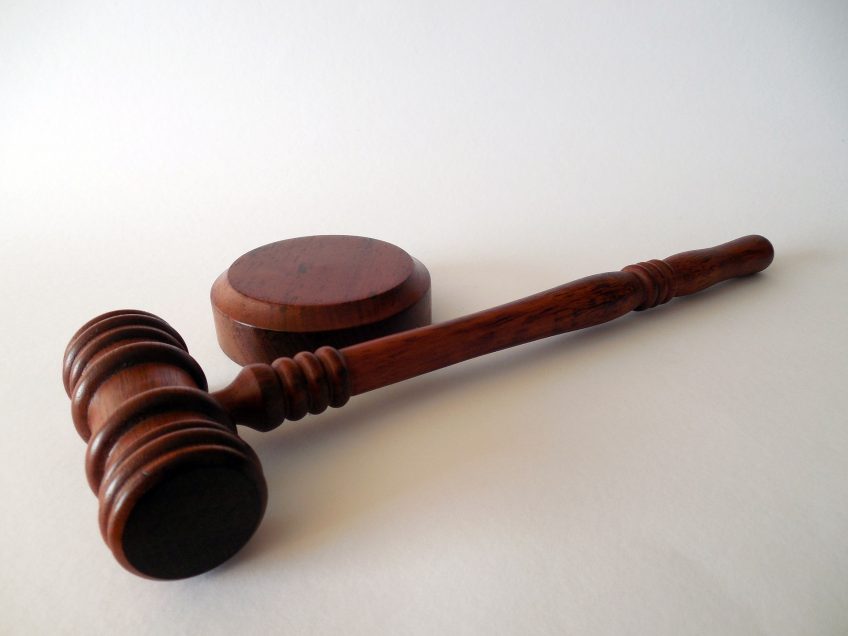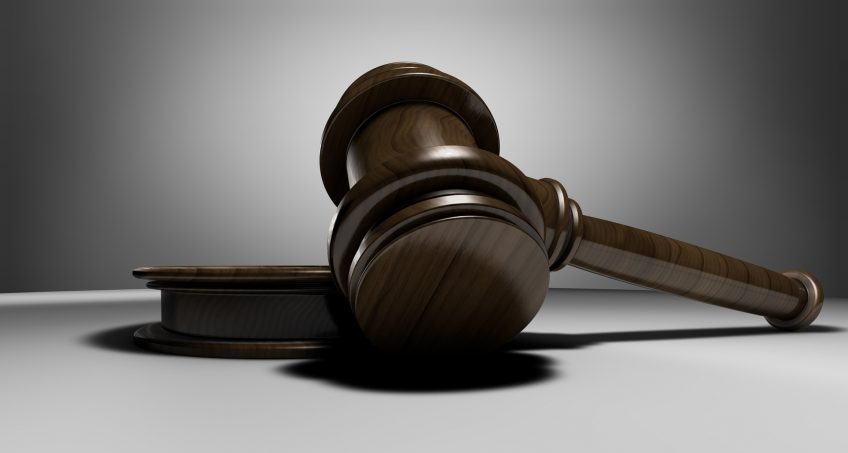Lakeland Hooters Sued For Serving Too Much Alcohol
Wrongful DeathJessica McCausland filed a wrongful death lawsuit on behalf of her stepmother, Betty Monroe, suing the Hooters restaurant on US98 in North Lakeland. David Joseph McCausland died in a car accident on November 6, 2015 when a Corvette driven by Timothy Alan Lundy struck McCausland’s pickup truck. Prior to the accident, Lundy had been served several alcoholic drinks at the Hooters location in Lakeland. The lawsuit alleges that Lunday was “a person habitually addicted to the use of alcoholic beverages.” Lundy is the owner of a Lakeland construction business and was sentenced to 13 years in state prison in December 2016. Lundy had a BAC of 0.32, which is 4 times the legal limit in Florida. The case number is 2017-CA-492 and was filed in Polk County, Florida.
Intoxicated Driver Not Named In The Lawsuit
I went to the Polk County Clerk’s website to see which parties had actually been named in the lawsuit. The only parties to the lawsuit are two corporate entities of Hooters and their employee. Lundy, the intoxicated driver, is not a named defendant. I can only speculate that the reason why Lundy is not named as a defendant is because a settlement has already been reached with him. Further, we also don’t know whether Lundy had to contribute any assets to a settlement in addition to whatever automobile liability insurance limits that he would have had.
Of all the claims that can possibly be made in a case such as this one, the legal claim against the driver for both compensatory and punitive damages would be the strongest. Clearly, Lundy was intoxicated and, as a business owner, likely had assets for which punitive damages may be awarded.
The Lawsuit Against Hooters
The lawsuit against Hooters is for “dram shop” liability as we call it in Florida. The relevant statute is section 768.125, Fla. Stat.:
Liability for injury or damage resulting from intoxication.—A person who sells or furnishes alcoholic beverages to a person of lawful drinking age shall not thereby become liable for injury or damage caused by or resulting from the intoxication of such person, except that a person who willfully and unlawfully sells or furnishes alcoholic beverages to a person who is not of lawful drinking age or who knowingly serves a person habitually addicted to the use of any or all alcoholic beverages may become liable for injury or damage caused by or resulting from the intoxication of such minor or person.
Florida’s Dram Shop Statute Was Intended To Give Tavern Owners Limited Immunity
The legislative intent behind Florida’s dram shop statute was to give protection, by means of limited immunity, to bar owners when a drunk patron goes out and hurts someone while intoxicated. The only two situations where bar owners are supposed to be held legally responsible for serving alcohol are when the patron is underage and when the patron is known to be habitually addicted to alcohol. Therefore, there is not a statutory duty of a bar to cut someone off when their level of intoxication gets out of hand.
What Case Law Has To Say About Habitually Addiction To Alcohol
In Russo v. Plant City Moose Lodge No. 1668, 656 So. 2d 957 (Fla. 2d DCA 1995), the lodge was not held legally responsible for a fatal car accident for a patron who usually drank between 3-7 alcoholic drinks when he visited the lodge. The intoxicated driver’s wife had testified that there was no alcohol in their home and friends did not consider him to have a problem with alcohol.
I would personally consider someone who has 3-7 drinks at a time to be a binge drinker and would likely find that person to be “habitually addicted to alcohol” if I were sitting as a juror in the case. However, as a personal injury lawyer, no one will ever have me as a juror on such a case. While the plaintiff in Russo v. Plant City Moose Lodge (no relation to me) ultimately lost under the facts presented in that case, a civil jury would have been permitted to decide the same issues almost 20 years later in Murphy v. Southern Mutual Management Corporation, 936 So. 2d 786 (Fla. 4th DCA 2006).
In Murphy, there was testimony that the patron drank at the bar once or twice per week for nine years before the accident and that he drank scotch at the bar for two hours on the day of the accident. This was enough for a court to determine that a jury should decide whether the patron was “habitually addicted to alcohol” and hold the bar owner or bartender legally responsible for an injury or death that occurs afterward.
Testimony From The Intoxicated Patron
The testimony from the intoxicated patron is usually crucial to bringing a successful dram shop case in Florida. After an intoxicated patron has pleaded to the criminal charge and has been sentenced, then anything that the person says in civil court cannot be used against him (doing so would be “double jeopardy” under the Constitution). As that is the case, the best evidence in these cases typically comes from the intoxicated driver himself out of sorrow or guilt for taking the life of another. Further, a settlement can be reached where the intoxicated driver must sign an affidavit as to the legal elements needed for a dram shop case. Several years ago, I negotiated a settlement with an intoxicated driver who gave me the evidence that I needed to cause the offending bar to reach a settlement with my client. Without the words of the intoxicated driver under oath, the claim would not have survived summary judgment.
Talk To A Lakeland Personal Injury Attorney About Your Case
If you have a dram shop case against a bar owner or bartender in Lakeland, you should contact a Lakeland personal injury attorney to discuss what can be done with the case. In order to be successful with your case, you will need to line up a number of facts and circumstances. Call today for your free appointment with an attorney to discuss your case.


